In today’s digital-first world, being visible where your customers search isn’t optional—it’s essential. Local directory listing services help your business show up right when nearby customers are looking for products or services. They boost online presence, improve local SEO, and help you connect with more people in your community.
What Are Local Business Directories?
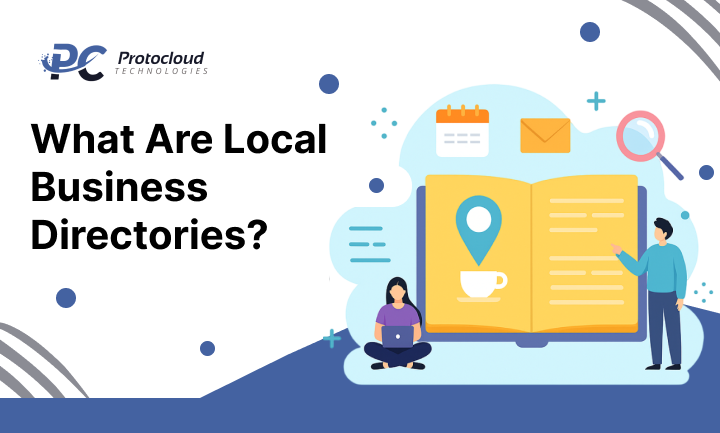
Local business directories are online platforms that list businesses by location, category, and services. Think of them as the modern version of the Yellow Pages—but smarter. These business listing platforms make it easy for customers to find exactly what they need in their area.
They focus on hyperlocal marketing, helping brick-and-mortar stores, service providers, and community-based businesses reach the right audience nearby. That’s what makes local business marketing so powerful—people find you when they’re ready to buy.
Why Local Directories Are So Effective
Modern online business directories go far beyond simple listings. They include:
- Customer reviews and ratings
- Photo galleries of your products or services
- Direct messaging for quick communication
- Appointment booking tools
- Navigation integrations for easy directions
These features turn a simple listing into a complete local marketing ecosystem.
By using local listings optimization and business listing management, you improve your local ranking and online visibility. It’s a proven local marketing strategy that supports local citation building, strengthens online reputation management, and attracts new leads.
In short, online directories for small businesses aren’t just tools—they’re growth engines for your local SEO and digital marketing success.
How Contact Directory Websites Help Businesses

Contact directory websites play a key role in helping businesses connect with their target audience faster and more effectively. These platforms boost online visibility, strengthen customer trust, and drive consistent business growth. Let’s explore how they make an impact—and why directory website development is becoming essential for modern businesses.
1. Enhances Online Visibility
A contact directory website puts your business right where customers are searching. It places your brand in a trusted, easily accessible space online. When people look for services, your listing appears in relevant search results, increasing your local business visibility.
This improves brand recognition and helps you stand out from competitors. It’s also one of the most affordable ways to enhance your online presence for small businesses across multiple business directories.
2. Improves Customer Trust
Reputable directory listing platforms like Yelp, BBB, or Angie’s List boost business credibility. They display verified business listings, customer reviews, and ratings that help build customer trust.
People are more likely to choose verified businesses with strong online reputation management. This leads to repeat customers and better customer engagement over time.
3. Streamlines Customer Acquisition
Directory websites make it easy for businesses to connect with potential customers. Through directory website development, companies can design listings that clearly display services, pricing, and contact details.
This saves time, reduces costs in lead generation, and delivers instant access to essential information—making your local business marketing efforts more efficient.
4. Provides Better Targeting and Segmentation
Most business listing sites offer search filters to help with targeting and customer segmentation. Customers can filter results by location, category, or service type, helping your business reach the most relevant audience.
This precise location-based marketing ensures your listing connects with users ready to take action.
5. Offers Opportunities for Customer Feedback
Online business directories allow users to leave reviews and ratings directly on your profile. These insights offer valuable customer satisfaction data, helping businesses refine their services.
Positive reviews enhance online visibility and strengthen business reputation management, while constructive feedback supports ongoing improvement.
In short, investing in directory website development doesn’t just create listings—it builds trust, visibility, and long-term business growth in today’s digital landscape.
Top 5 Contact Directory Websites for Businesses

In today’s fast-moving world, finding the right contact at the right time can make or break a business deal. That’s where contact directory websites come in. They simplify the process of connecting with verified businesses, customers, and service providers — all in one place.
These websites improve business visibility, strengthen customer trust, and play a significant role in local SEO.
Let’s explore the top 5 contact directory websites every business should know about. Each one offers unique features to support growth, engagement, and online credibility.
1. Yellow Pages
Yellow Pages is one of the oldest and most reliable business listing sites.
It’s known for helping users find companies and professionals from almost any industry.
Businesses listed on Yellow Pages include details like phone numbers, addresses, websites, and customer reviews. Its advanced search filters and map integrations make navigation fast and effortless.
Key Features:
- Thousands of listings across industries
- User-friendly search filters
- Customer reviews and ratings
- Integrated maps for directions
Pros:
- Massive database of verified businesses
- Mobile app for easy access
- Trusted brand with decades of credibility
Cons:
- Some listings may be outdated
- Ads can affect browsing experience
Why it matters:
Yellow Pages shows how strong directory website development can create value for both users and businesses. It continues to improve local search optimization and build long-term customer trust.
2. Angie’s List
Angie’s List focuses on home service providers — plumbers, electricians, cleaners, and more. It connects homeowners with reliable professionals backed by verified reviews and transparent information.
The platform allows users to compare prices, read detailed feedback, and choose the best fit for their needs.
Key Features:
- Specializes in home and local services
- Verified and authentic reviews
- Price comparison options
- Membership discounts and benefits
Pros:
- Builds trust with verified listings
- Helps users make smarter hiring decisions
- Offers premium features for members
Cons:
- Limited coverage in smaller areas
- Paid membership required for full access
Why it matters:
For service-based businesses, Angie’s List offers excellent visibility and credibility. It helps establish customer confidence and drives local leads.
3. Yelp
Yelp is one of the most popular online business directories worldwide. It allows users to find restaurants, salons, shops, and service providers — all with honest reviews and ratings.
Businesses can display details such as contact info, working hours, and images. Users can even book appointments or make reservations directly through the Site.
Key Features:
- User-generated reviews and ratings
- Business profiles with detailed info
- Photo uploads and media sharing
- Built-in booking and reservation tools
Pros:
- Great for both small and large businesses
- Active community that drives engagement
- Boosts credibility through authentic feedback
Cons:
- Some fake or biased reviews exist
- Businesses may need paid promotions for visibility
Why it matters:
Yelp remains one of the strongest tools for online reputation management. Its review-based system boosts trust and supports continuous business growth.
4. Manta
Manta helps small and local businesses grow through local search optimization and marketing tools. It’s more than a directory — it’s a digital marketing platform for lead generation.
Manta helps business owners create detailed profiles, improve visibility, and attract more local customers.
Key Features:
- Local search optimization tools
- Free and paid listing options
- Industry-specific categories
- Marketing support for small businesses
Pros:
- Great for startups and local companies
- Affordable and easy to use
- Offers helpful insights for digital growth
Cons:
- Limited visibility with free plans
- Fewer reviews than bigger platforms
Why it matters:
With innovative directory website development, Manta gives small businesses the chance to expand their reach affordably. It’s ideal for improving online presence for small businesses and boosting local engagement.
5. Better Business Bureau (BBB)
The Better Business Bureau (BBB) or BBB directory is all about trust and transparency. It lists only accredited businesses that follow strict ethical and quality standards.
BBB’s rating system and complaint resolution service help maintain a professional and fair marketplace.
Key Features:
- Business accreditation based on ethics
- Complaint resolution system
- Customer feedback ratings
- Search filters by industry and region
Pros:
- Strong reputation and consumer trust
- Promotes ethical business operations
- Offers professional dispute handling
Cons:
- Only accredited businesses are listed
- Coverage may vary by location
Why it matters:
The BBB directory helps businesses build a trustworthy reputation and gain long-term customer loyalty.
How to Choose a Contact Directory Website
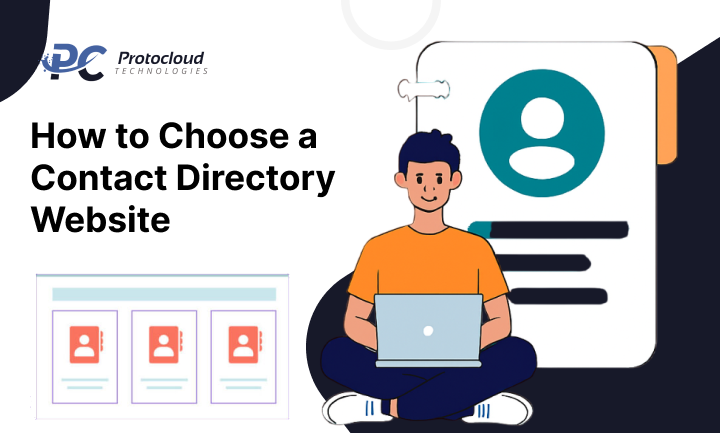
Choosing the right contact directory website can make a big difference for your business. It helps you stay organized, reach more customers, and grow your online presence. With so many choices out there, how can you find the perfect one for your needs?
Here’s what to look for:
1. Define Your Purpose and Niche
Start by knowing your goal. Are you planning to build a business directory, a medical directory, or a professional network?
Defining your niche helps you find the right platform. During directory website development, this clarity ensures your website is built for your audience and business goals.
2. Look for Customization and Scalability
Your directory should grow with your business. Choose a platform that lets you customize layouts, add new categories, and change designs easily.
Scalability matters too — make sure it can handle unlimited listings, filters, and responsive design. That way, your Site stays flexible and future-ready.
3. Make It User-Friendly
A good directory is easy to use. Add features like keyword search, category filters, and location-based search to help users find what they need quickly.
During directory website development, always focus on a mobile-friendly design so your users can browse easily on any device.
4. Explore Monetization Options
Want to earn from your directory? Add paid listings, featured spots, or subscription plans.
Check if your platform supports payment gateways like PayPal or Stripe. This turns your directory into a reliable income source.
5. Optimize for SEO and Marketing
A directory that ranks well on search engines brings more traffic.
Look for built-in SEO tools like schema markup, optimized URLs, and social sharing options.
You can also use email marketing and analytics to track your performance and grow your reach.
6. Integrate with Third-Party Tools
Your contact directory website should work smoothly with other tools.
Integration with CRM systems, email automation, and analytics tools helps you manage data better and connect with customers easily.
7. Prioritize Security and Compliance
Security builds trust. Choose a platform with SSL encryption, GDPR compliance, and spam protection.
A secure directory protects user data and makes your website more reliable.
8. Compare Pricing and Support
Finally, check the pricing and customer support before you decide.
Some directories charge once, while others follow a subscription model.
Always prefer platforms that offer live chat or email support, so you get help when you need it.
Frequently Asked Questions About Local Business Directories
Local business directories help people find your business quickly and easily. They also improve your online visibility, build trust, and boost your SEO performance.
Let’s look at some common questions about using business directories—and how directory website development can make your listings even better.
Why Are Local Business Directories Important for SEO?
Local directories help your SEO in three main ways:
- They build citations.
- These are mentions of your business name, address, and phone number (NAP). When they’re consistent, Google sees your business as honest and trustworthy.
- They create backlinks.
- Links from popular directories improve your website’s authority and ranking on search engines.
- They include customer reviews.
- Reviews on Google or Yelp affect your local SEO. Good reviews make your business look more credible and relevant.
If you’re planning to build your own directory Site, professional directory website development ensures it’s SEO-friendly from day one—helping your listed businesses rank higher and attract more leads.
How Do I Get My Business Listed in a Directory?
Adding your business to online directories is simple. Just follow these steps:
- Collect your details – business name, address, phone number, website, hours, and photos.
- Choose top directories – such as Google Business Profile, Yelp, Facebook, or Bing Places.
- Create or claim your listing – verify it using a call, email, or postcard.
- Keep your info updated – so customers always find the correct details.
If you’re building your own listing platform, directory website development helps you create a flexible and scalable Site where multiple businesses can sign up and manage their profiles efficiently.
What Are the Best Local Business Directories for Small Businesses?
Here are some top directories that help small businesses grow online:
- Google Business Profile: Boosts your visibility on Search and Maps.
- Yelp: Perfect for restaurants, salons, and service-based companies.
- Facebook Business Pages: Combines social media and directory features.
- Apple Maps Business Connect: Reaches iPhone and iPad users.
- Bing Places: Expands reach on Microsoft’s search network.
- BBB Directory (Better Business Bureau): Builds customer trust and reputation.
If you want to build a custom directory for your own niche—like real estate, healthcare, or travel—investing in directory website development helps create a user-friendly, modern, and secure platform.
How Can I Improve My Local SEO with Directory Listings?
To get the best results from your listings, follow these tips:
- Keep your NAP (name, address, phone) consistent everywhere.
- Fill out all profile sections completely.
- Add clear, high-quality business photos.
- Encourage customers to leave reviews and reply to them.
If you manage your own directory, use directory website development to include SEO tools like schema markup, internal linking, and advanced search filters. These help users find what they need faster and improve your Site’s ranking on Google.
Conclusion
Local business directories are not just listings—they’re an innovative marketing tool. They help people discover your business, build trust, and bring in more customers.
For business owners, the key is to:
- Keep information accurate
- Engage with customers regularly
- Update listings often
And for entrepreneurs, directory website development is a great way to start your own platform. You can create a niche directory, attract local businesses, and earn from listings or premium plans.
With the proper setup and strategy, business directories can drive steady traffic, trust, and growth for years to come.





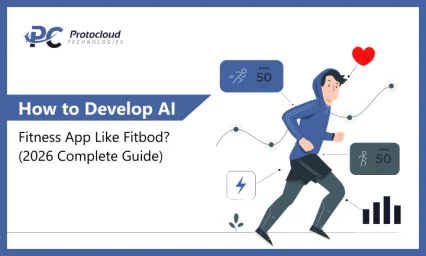
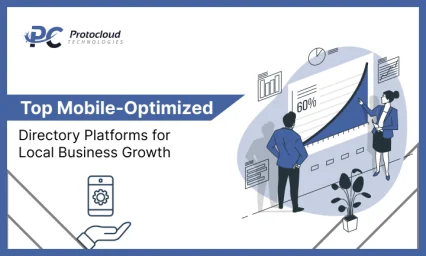










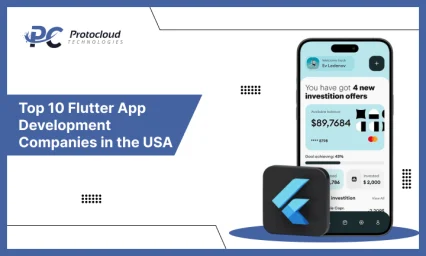




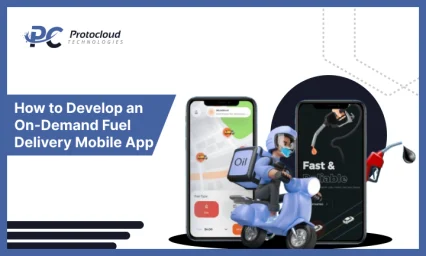
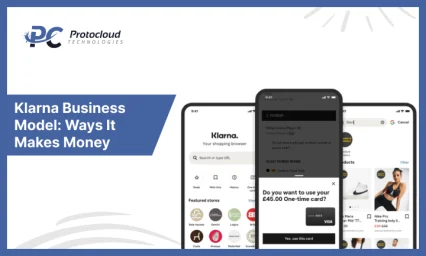

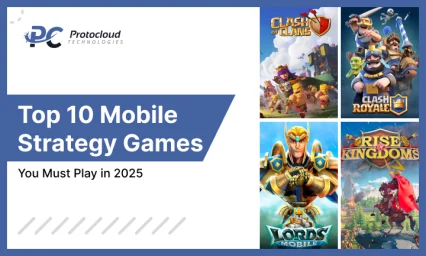
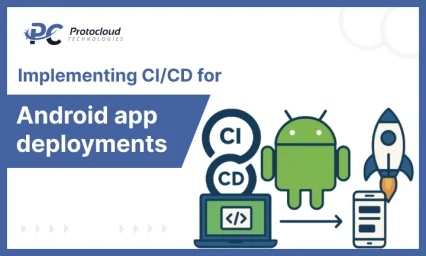




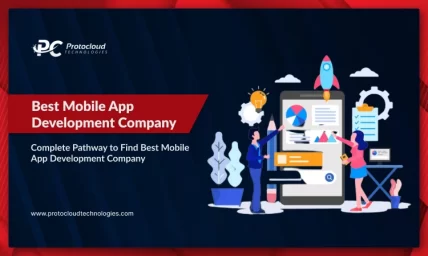

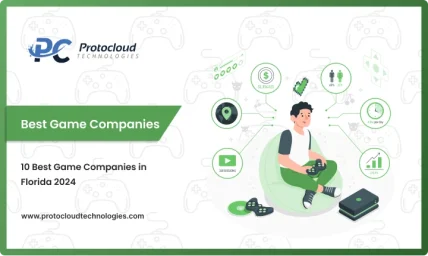


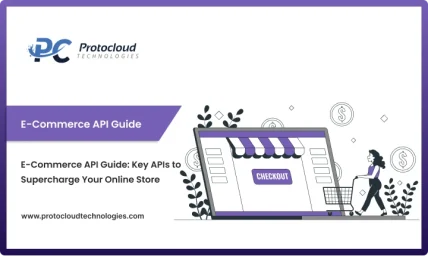
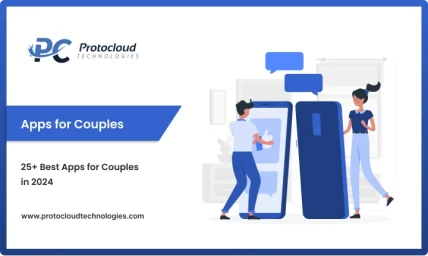



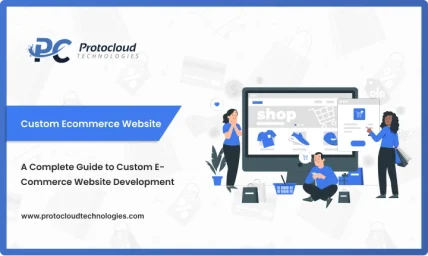

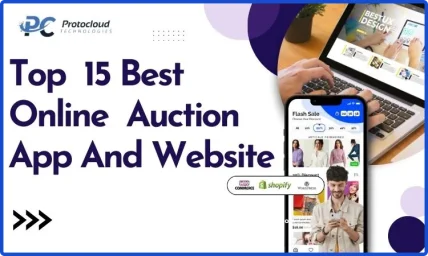
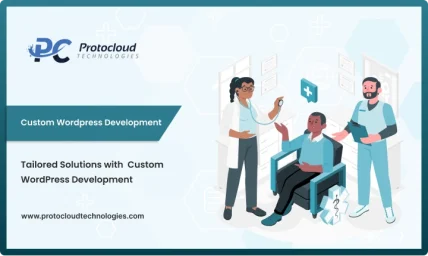


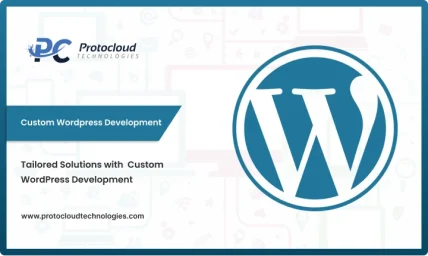

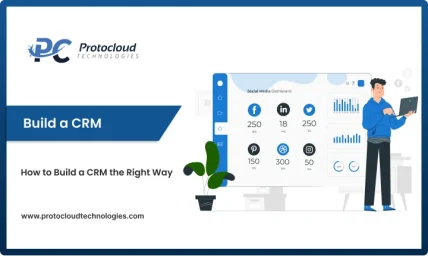

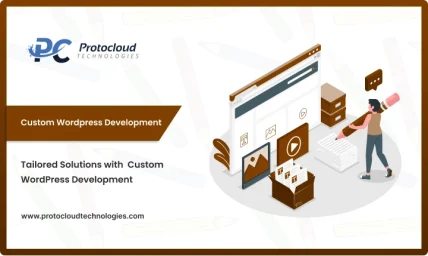




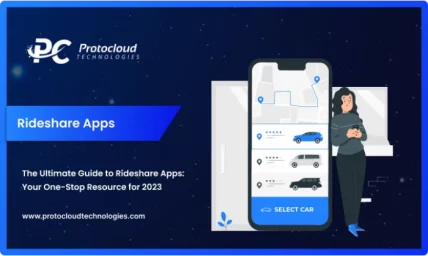
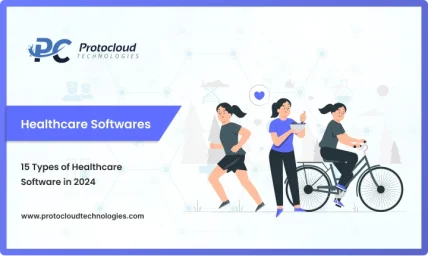

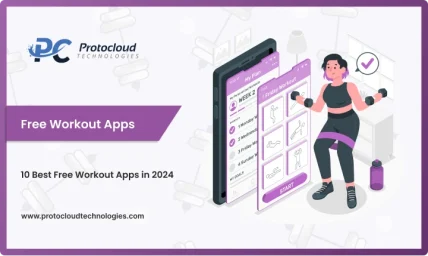











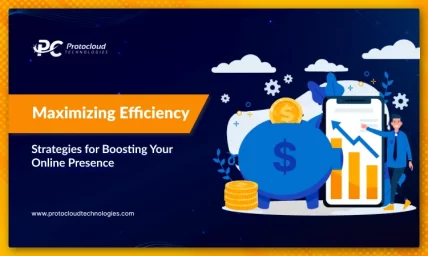
Leave a Reply